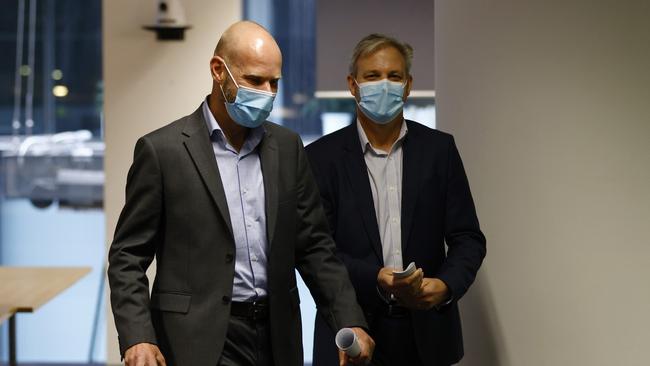
Its relentless use of the health advice as a political shield was severely dented by this week’s distortion of that advice.
Let’s be clear, Australia’s strong overall performance on the virus has been driven by listening to the health experts. It’s when that advice gets twisted to justify a political position that you enter a potential black hole that can seriously threaten community goodwill.
To that end, this week has been the worst for the Andrews government since the bleakest days of 2020, its credibility diminished by its mischaracterisation of the Kappa variant.
The government, after nearly 18 months of putting its finger in the coronavirus dyke, is being undermined by the politics of Covid-19 and the crippling nature of the fourth lockdown.
Victoria’s chief health officer, Brett Sutton, is at the apex of the health response and in a superficial sense he was rescued on Friday by the emergence of the Delta variant, but not for the first time in Australia.
Kappa and the more infectious Delta variant are behind the surges of Covid in India. But it’s hard to walk past the way so many health experts criticised the Victorian government earlier in the week for ostensibly overstating the threat posed by Kappa.
It looked like a political strategy to justify a further week’s lockdown, even if that wasn’t the intention.
While Sutton is front and centre in Victoria, the knives are out internally for the state’s so-called Covid commander, Jeroen Weimar, whose inflammatory rhetoric on the Kappa strain exacerbated the pushback from the health experts.
“It was really sloppy,” a senior government insider says. “He shouldn’t be going near a microphone.”
But of course, on Friday it was very hard to keep Weimar away from a microphone, even though his expertise is in transport and not epidemiology.
The government deliberately puts Weimar and Sutton out front because it takes the heat off the politicians, even if the average voter would struggle to differentiate between who is elected and who is a bureaucrat.
The government abides by virtually everything Sutton says, making him arguably the most important person in the state during the pandemic.
But there are continued concerns at the highest levels of the government about whether Sutton is too quick to default to the bleakest interpretation of the data, leading to more and longer lockdowns compared with NSW.
That basically had there been another less pessimistic CHO, Victoria might have been a much different state in 2020 and 2021.
While Sutton rejected this narrative on Friday, those who deal with the CHO argue that he genuinely believes in the dangers of the virus but at the same time can be relentlessly pessimistic.
“He catastrophises by nature,” one government insider tells Inquirer. “I don’t think he’s talking it up. He believes it.”
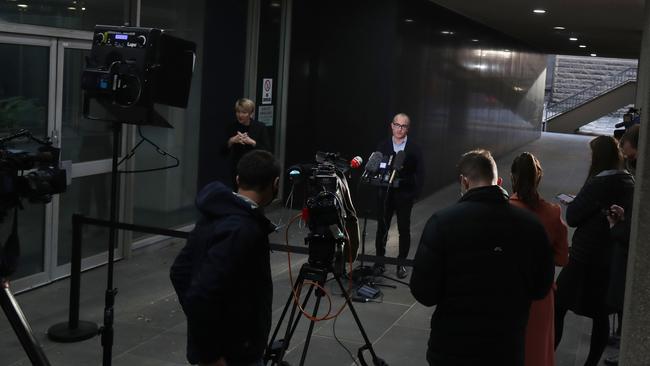
Which is the Catch-22. The government is right to accept the health advice, as is the community. But is that advice, delivered pessimistically, then leading to a culture of lockdowns that is smashing a state beyond reasonableness?
While Canberra’s shortcomings on vaccinations and quarantine have been extreme, longtime political watchers have been trawling through past elections to get a feel for what is looming for Labor at a state and federal level in Victoria. A smashed budget and increasing anger at lockdowns are raising the question of how long Labor’s popularity can stay at election-winning levels.
There are three past elections that are instructive.
The first is the 1988 election won narrowly by Labor’s John Cain, which many in the ALP believe the party would have been better off losing. The stench of financial mismanagement was hanging over the government in 1988 but it managed to hold on.
The next four years were political hell as the state’s finances collapsed and the government wandered, punch drunk, to the 1992 Kennett election. In 2021, Victorian Labor, thanks overwhelmingly to the virus, has a budget in total disarray, but chose to do nothing about repair this year, playing politics rather than managing for the long term.
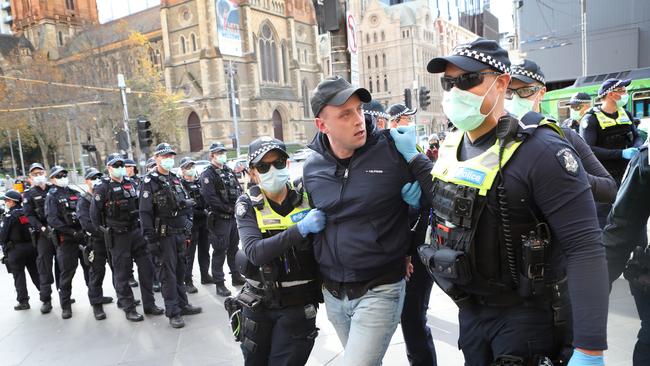
The second election relevant to Victoria in 2021 is the 1989 South Australian election, where Labor’s John Bannon fell over the line, only to be smacked to political death by the weight of financial scandal in the next term. Again, had Bannon lost in 1989, the course of Labor’s history in South Australia would have changed.
The point is that Victoria may well be heading in the same direction as the 1988 and 1989 polls. No one seriously expects Labor to lose in Victoria next year because of its huge majority, but it is starting to run out of credibility and steam, bringing with it profound, medium-term challenges. The third poll of historical significance in this context is the 1990 federal election, where Labor lost 10 seats in a rout in Victoria caused by mainly state issues.
It would be unwise to transpose 1990 to the next federal election, given the totally different landscape and the errors made by Canberra during the pandemic. But the best guess is that Labor’s role in managing the Victorian health fallout will make it harder for Anthony Albanese in a state where the ALP dominates federally.
Andrews, while suffering physically and politically, has always been a lucky politician.
He will return to office after the lockdown is over, an outcome that has nothing to do with political cynicism but everything to do with his health.
It was flagged weeks ago that he may not resurface until late June, by which time he can start the rebuilding process.
During his absence, Andrews has been the subject of a relentless smear campaign the likes of which may well be unprecedented in Australian politics. None of it seems to be based on fact, although Labor has done nothing to stop the rumours eating into the Premier’s credibility.
There has yet to have been a detailed explanation of what happened when Andrews fell, which has fuelled the rumour mill. Much of it has been centred on his relationship with Lindsay Fox’s family and all of it seems to be wrong, except the fact there is a connection with at least one of Fox’s children. No crime in that.
Andrews’ lengthy absence has fuelled speculation about who will replace him.
Acting Premier James Merlino has told friends he doesn’t want it but his style has been embraced by cabinet and caucus. More inclusive, more willing to consult, more open to discussion and less ideological.
There are many who want Merlino to succeed Andrews.
“It’s just been a much better place to work,” is how one MP put it. “We’ve loved the change.”
This view is likely to spread in Labor, particularly if the party has already started the downhill run, whenever it might finish.


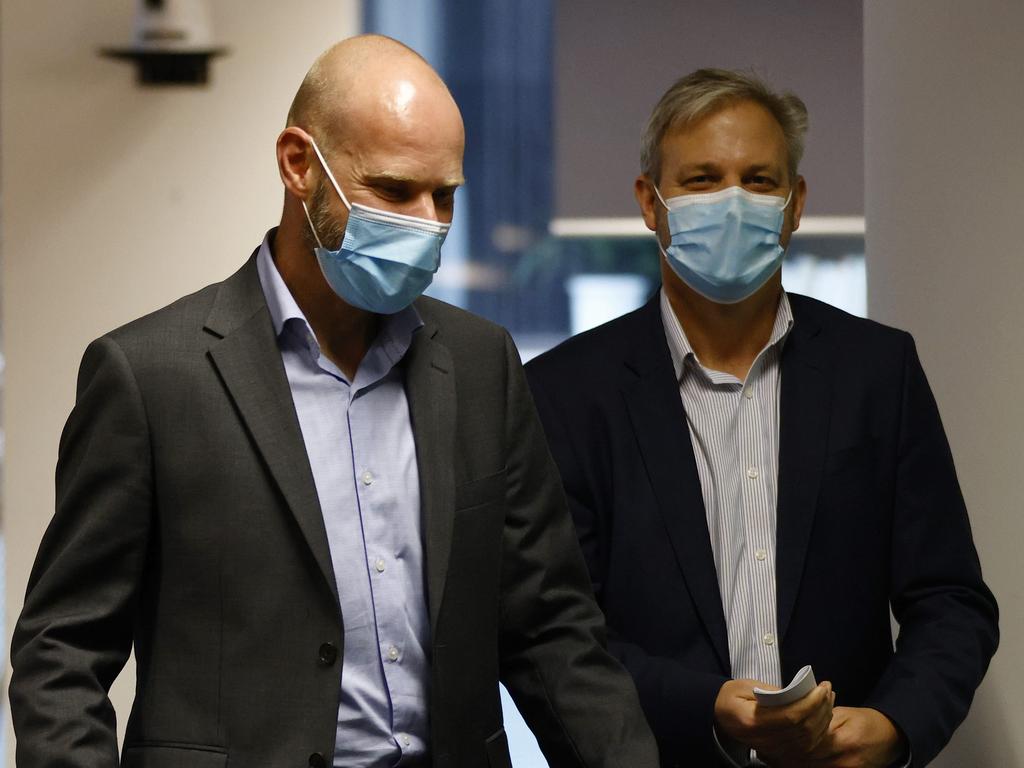
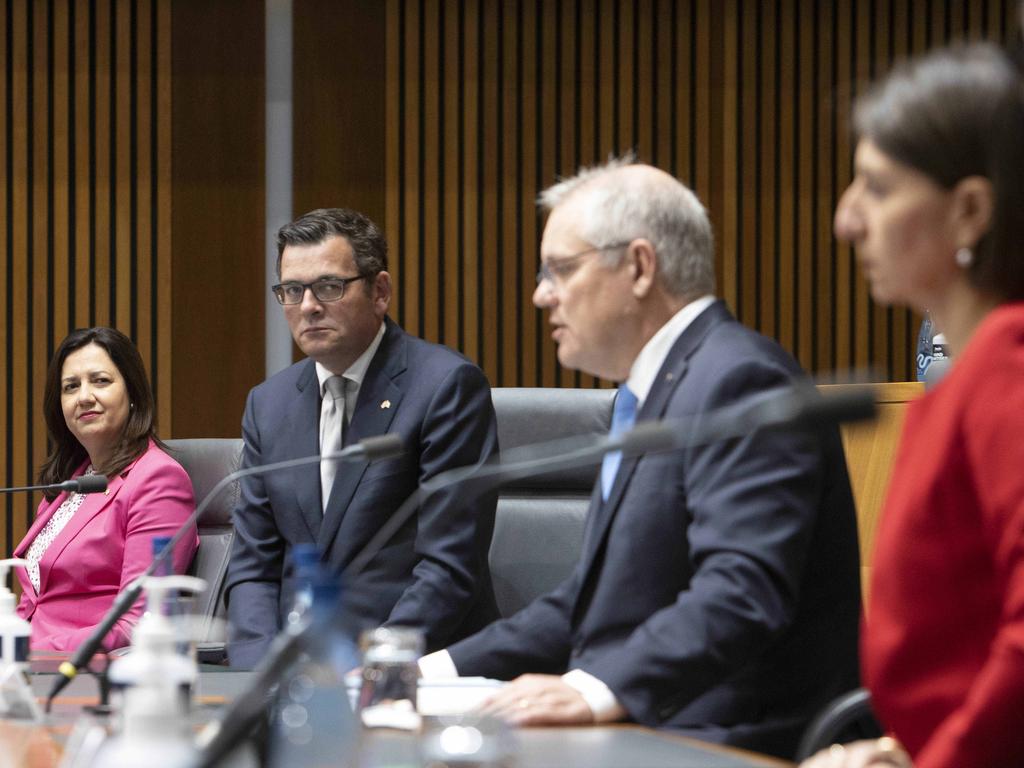
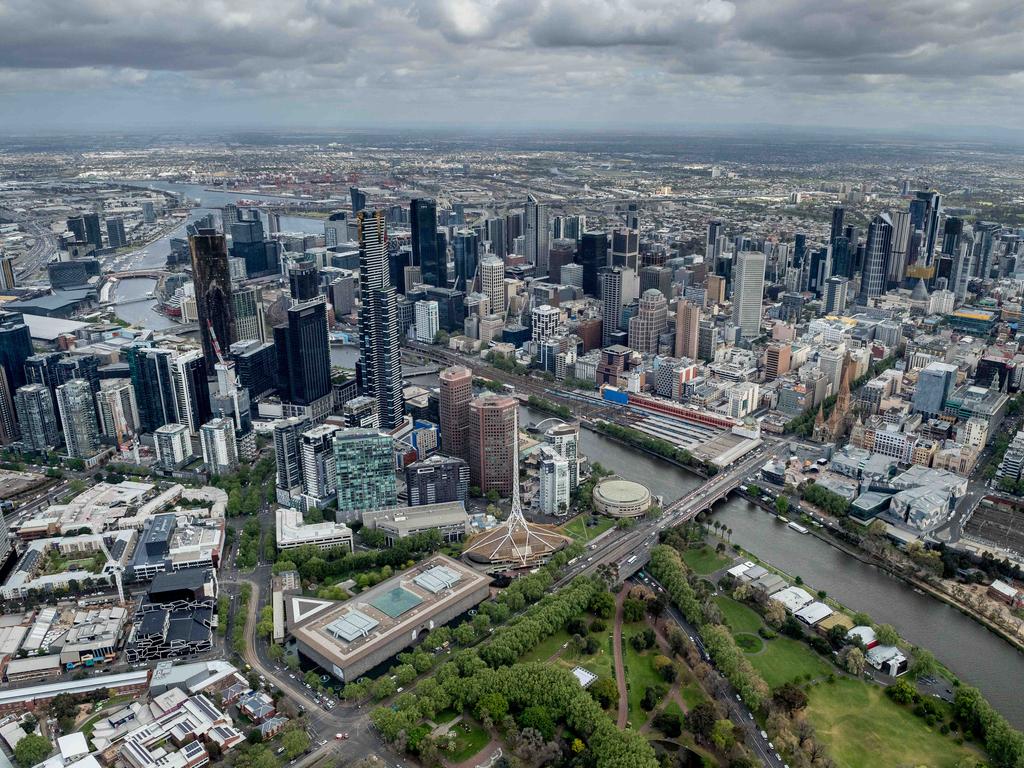
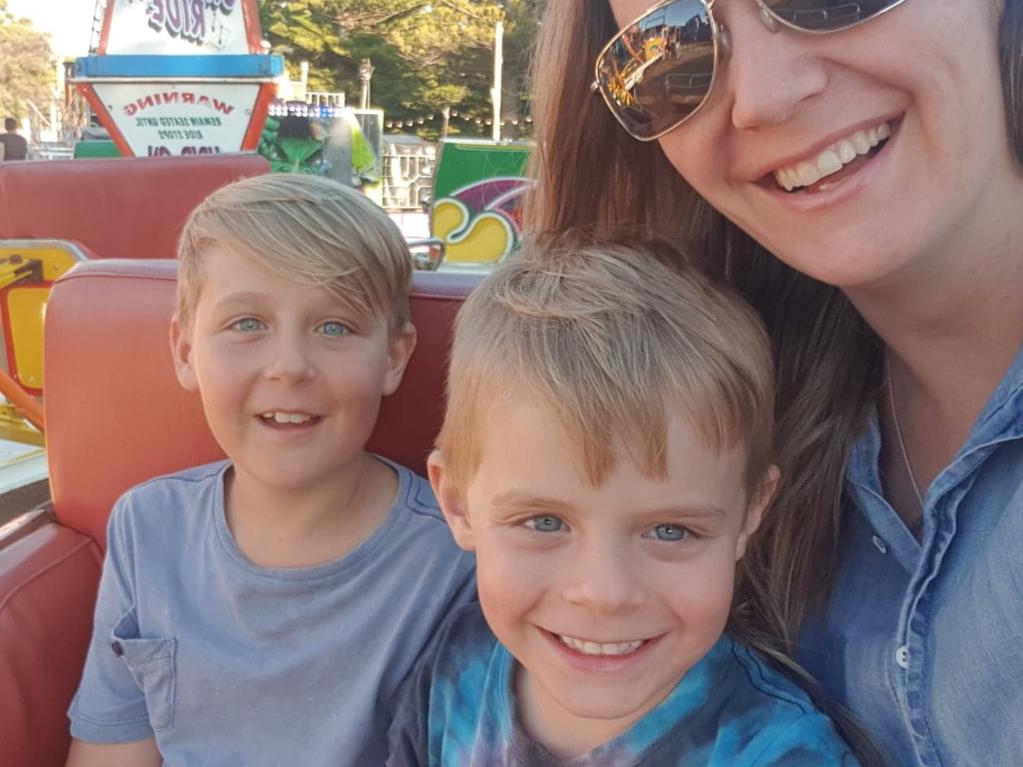


Daniel Andrews is on his way back to work and when he arrives it will be to rebuild a government that is looking messy and duplicitous.